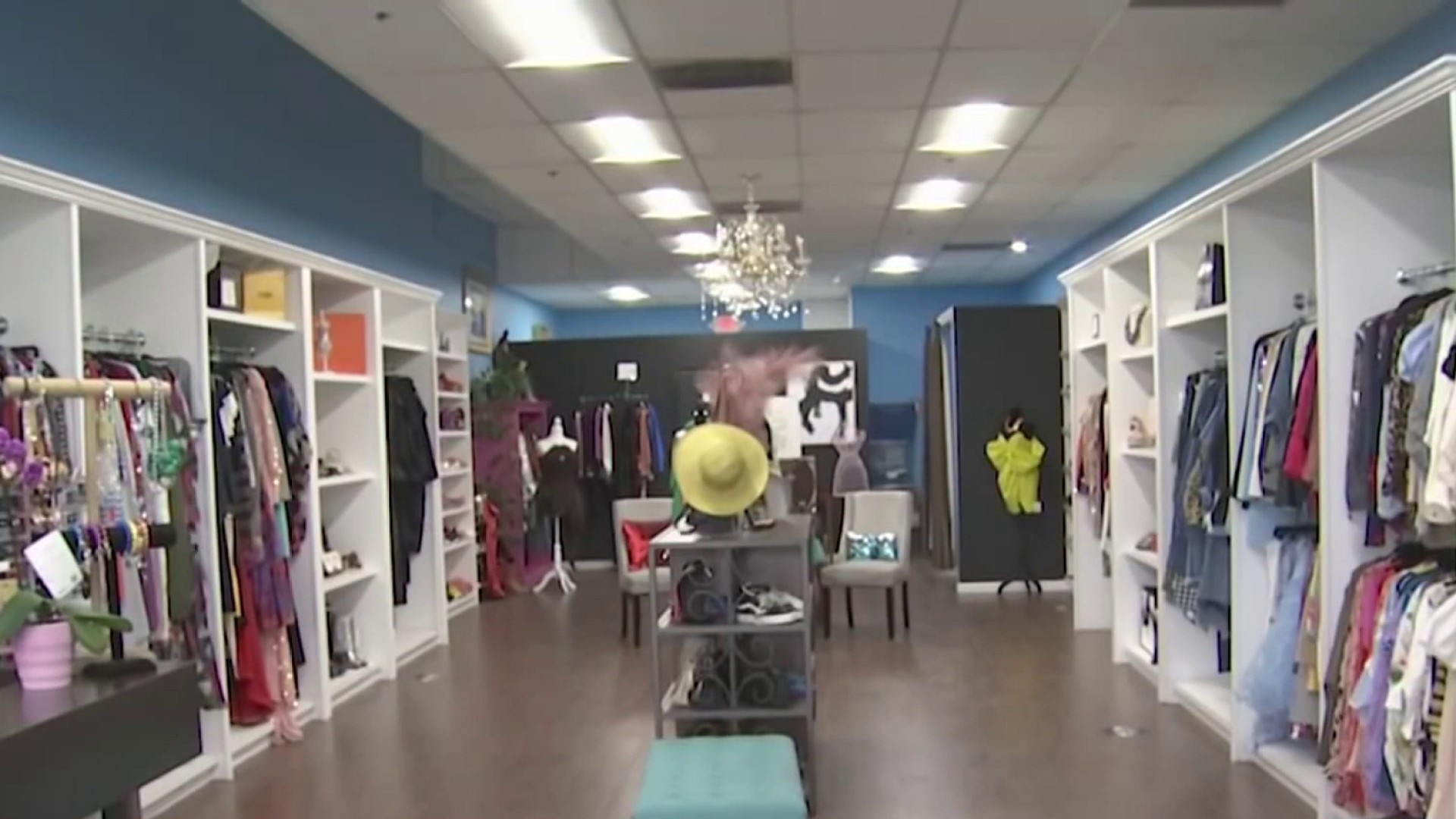Some Maryland hospitals are reaching capacity as the Omicron COVID-19 variant continues to spread in the region. Health officials say they're concerned an increase in cases could push hospital systems to the brink.
As of Wednesday, 1,167 people were hospitalized with COVID in Maryland, a 57% increase over two weeks. Gov. Larry Hogan instructed hospitals to update pandemic plans and take further action to respond.
Bob Atlas, who heads the Maryland Hospital Association, says those hospitalized for the virus, roughly 15%, are pushing facilities to and past their limits.
"Across Maryland, the occupancy rate of our med surge and ICU beds is about 94%," Atlas said.
We're making it easier for you to find stories that matter with our new newsletter — The 4Front. Sign up here and get news that is important for you to your inbox.
CalvertHealth Medical Center, the only hospital in Calvert County, is near capacity. Doctors there urged people to get vaccinated and boosted to reduce the risk of death and the need for hospital beds.
“Our emergency room (ER) has been overwhelmed with people – young and old,” CalvertHealth hospital Chief of Medical Staff Dr. Wilfred Ehrmantraut said in a press release.
The vast majority of critical COVID cases, Atlas says, are considered preventable.
Local
Washington, D.C., Maryland and Virginia local news, events and information
"A lot of people feel that the patients they're caring for shouldn't be there, that they could be vaccinated," Atlas said. "Two-thirds - three-quarters of the patients who are in hospitals with COVID right now are unvaccinated."
“At our 12 University of Maryland Medical System hospitals, we have experienced a 187 percent increase in COVID-positive patients during the past four weeks and are only beginning to feel the impact of the Omicron variant,” the University of Maryland medical system said in a statement.
An influx of COVID patients can have a ripple effect on hospitals, affecting their ability to perform non-emergency surgeries, changes in visitation policies and having to transfer patients to other facilities that have space.
Atlas said a shortage of health care workers also contributes to the crisis.
"It's truly affected the health care field, particularly for people who normally would work on the frontlines. They got burnt out or they might've even just simply not been able to get child care," he said.
Experts suggested people use urgent care and telehealth when they can to relieve stress on the state's emergency rooms.



